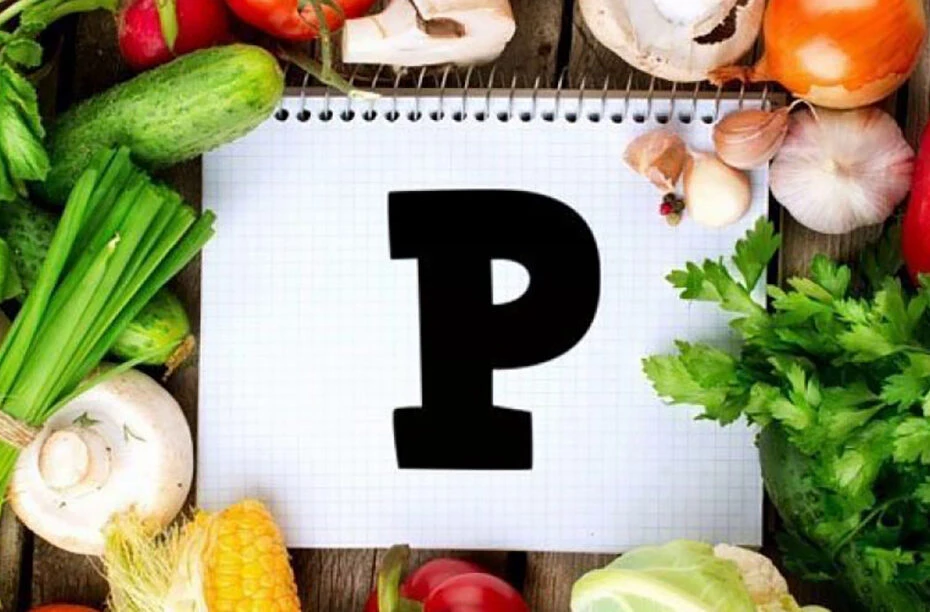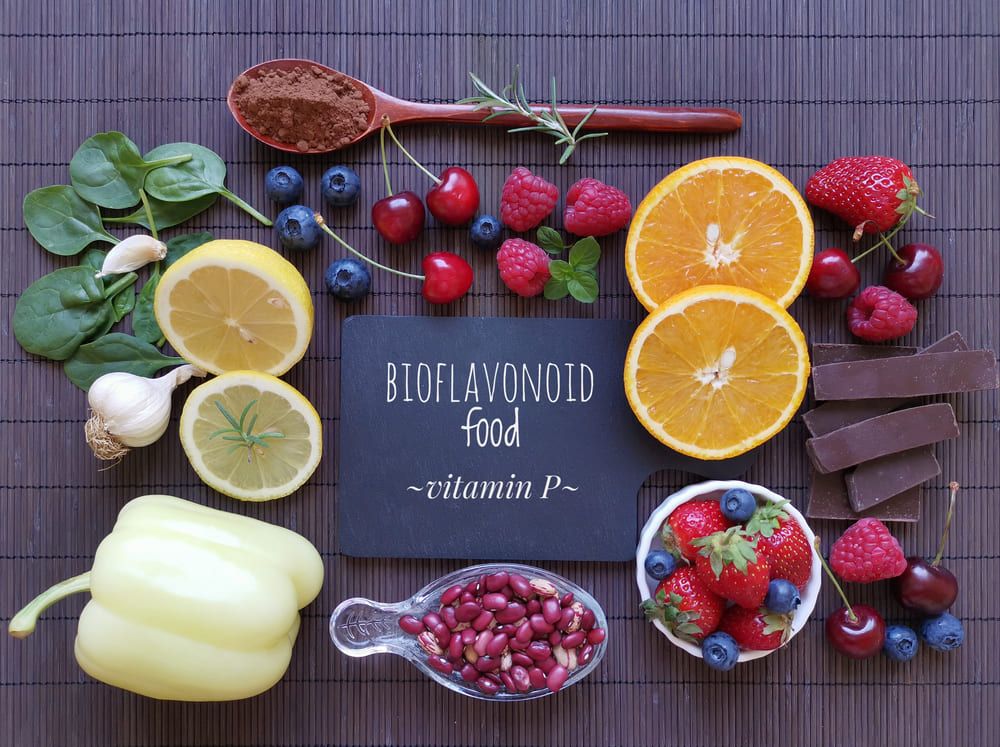When we think of vitamins, we usually consider the well-known ones like Vitamin C, D, or B12. But have you ever heard of Vitamin P? Despite its name, Vitamin P isn’t a single vitamin—it’s a term historically used to describe a group of powerful plant compounds called bioflavonoids.
In this blog post, we’ll explore what Vitamin P is, its health benefits, natural food sources, and what happens if you don’t get enough of it.
What Is Vitamin P?
The term “Vitamin P” was coined in the 1930s by scientist Albert Szent-Györgyi, who also discovered Vitamin C. He found that certain plant pigments, now known as flavonoids, worked synergistically with Vitamin C to strengthen blood vessels and improve health.
Although it’s no longer classified as a true vitamin, flavonoids (Vitamin P) are essential for optimal health. They act as antioxidants, reduce inflammation, and support cardiovascular and immune function.
Key Types of Bioflavonoids (Vitamin P):
- Quercetin (found in apples, onions)
- Rutin (found in buckwheat, citrus fruits)
- Hesperidin (found in citrus peels)
- Catechins (found in green tea)
- Anthocyanins (found in berries)
Health Benefits of Vitamin P
- Boosts Immunity – Flavonoids enhance immune response and may help fight infections.
- Strengthens Blood Vessels – They improve capillary strength and reduce bruising.
- Powerful Antioxidant Effects – Protects cells from oxidative stress and inflammation.
- Supports Heart Health – May lower blood pressure and improve circulation.
- Enhances Vitamin C Absorption – Works with Vitamin C for better collagen production and skin health.
Natural Sources of Vitamin P
Since flavonoids are found in plants, the best way to get them is through a colorful, plant-rich diet. Here are some of the top sources:
Fruits:
- Citrus fruits (oranges, lemons, grapefruits)
- Berries (blueberries, strawberries, blackberries)
- Apples (especially with the skin)
- Grapes (red and purple varieties)
Vegetables:
- Onions (particularly red onions)
- Kale & spinach
- Broccoli
- Red cabbage
Herbs & Other Sources:
- Green tea
- Dark chocolate (70% cocoa or higher)
- Buckwheat
- Parsley
Signs of Vitamin P (Flavonoid) Deficiency
While a true deficiency is rare (since flavonoids aren’t essential for survival), low intake may contribute to:
- Easy bruising (weak capillaries)
- Frequent infections (weakened immunity)
- Poor wound healing
- High inflammation
- Increased risk of chronic diseases
Should You Take a Supplement?
Most people can get enough flavonoids from a balanced diet rich in fruits and vegetables. However, if you have specific health concerns (like chronic inflammation or poor circulation), supplements like quercetin or rutin may help—always consult a healthcare provider first.

Though not technically a vitamin, Vitamin P (flavonoids) plays a crucial role in health. By eating a variety of colorful plant foods, you can naturally boost your intake and enjoy their powerful benefits.
Do you consume enough flavonoid-rich foods?
Let us know in the comments!

